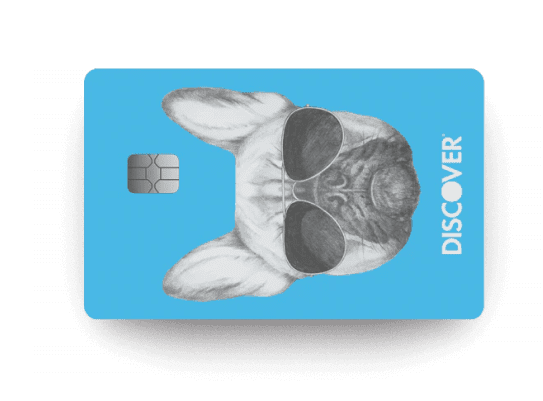You may already know that a credit card is a convenient and quick way to pay for things. But did you know it can do much more?
You can use a credit card to build your credit history which will come in handy when you graduate. After graduation, you’ll begin looking for work, finding housing, and getting an auto loan. All of these might require a credit check, so establishing a good credit history in college can be an important step.
Student credit cards look and function like regular credit cards because they are. What makes them different are the distinctive features well-suited for students. A student card generally has low credit limits, charge no annual fees, and offer rewards that are geared toward students (like cash back on purchases at restaurants and convenience stores).
There are two necessary steps to take before getting a credit card: determine which is the best credit card for you and then submit your application. When determining the best student credit card for you, remember to think about factors like rewards, interest rates, and annual fees.
Please note that under federal consumer protection laws, like the Credit CARD Act of 2009, there are strict regulations controlling who can qualify for student credit cards. This guide will explain the requirements students need to meet, how student credit cards work, how to get a student credit card, and what to expect both during and after the application process.






